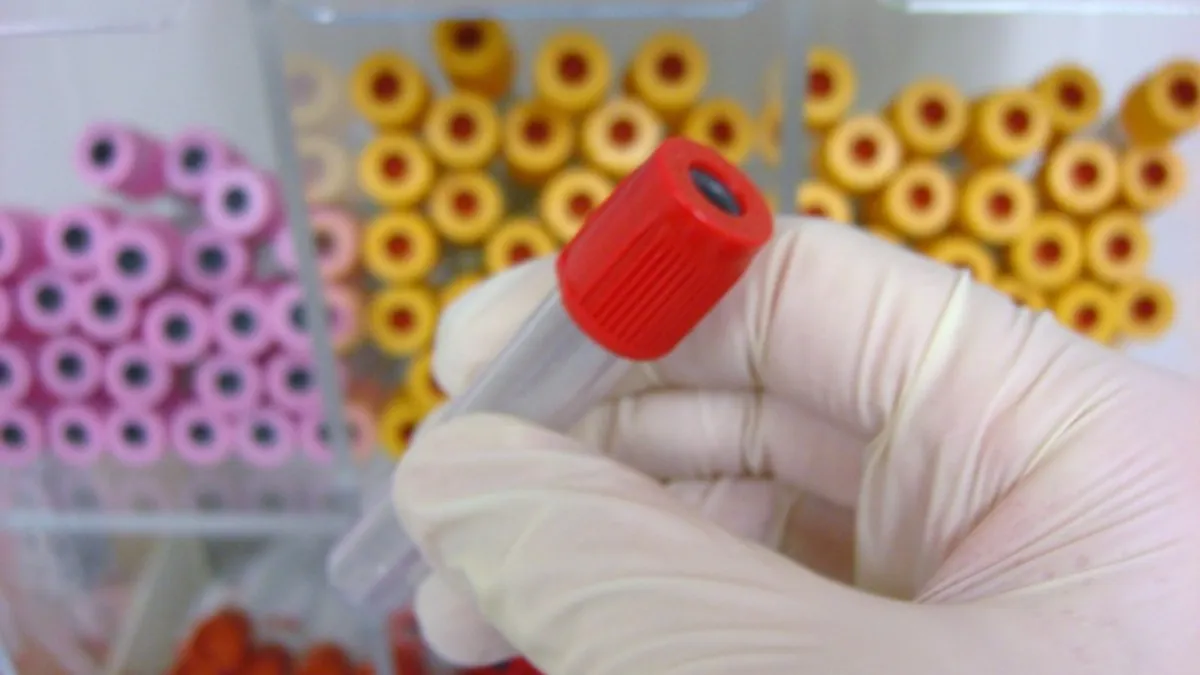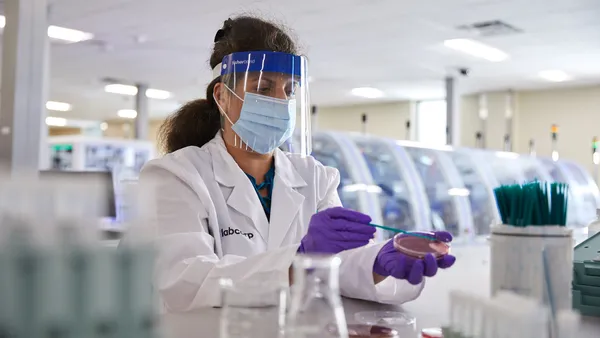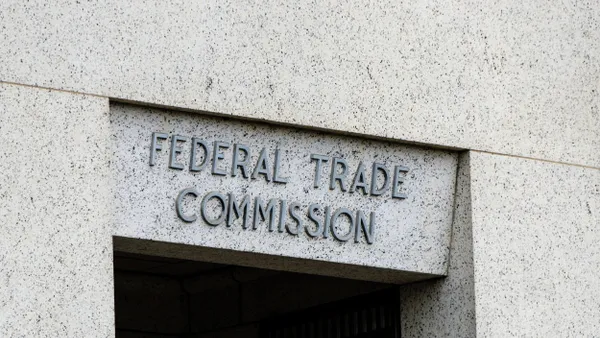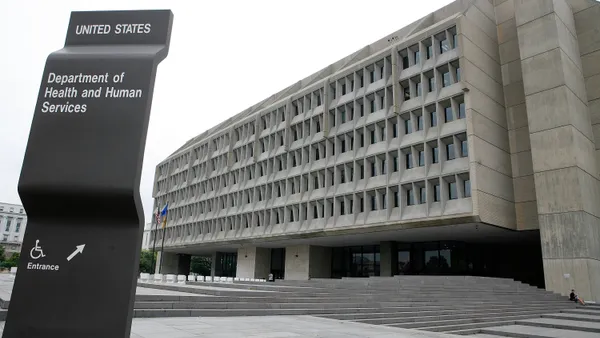Dive Brief:
- Quest Diagnostics posted test order volume growth of 4.4% during the second quarter due to a push to increase operating efficiencies and the company gaining preferred network status with UnitedHealthcare. The results came despite ongoing reimbursement pressure from the Protecting Access to Medicare Act, CEO Steve Rusckowski told investors Tuesday.
- While the CEO said 2019 PAMA cuts of 10% are in line with expectations, Rusckowski told investors the company is pressuring Congress to delay the next data reporting period, currently scheduled for the first quarter of 2020, by passing the Laboratory Access for Beneficiaries Act. The bipartisan bill was introduced in June in the House of Representatives.
- Quest executives told investors the company lost a few capitated contracts open for renewal during the second quarter due to a competitor offering lower rates than were profitable for the lab giant.
Dive Insight:
While Quest continues to face headwinds from loss of its exclusive contract with Aetna in 2018, the company has pushed to recoup customers by capturing business from giants like UnitedHealthcare and new opportunities such as a deal announced last week to offer lab services to Catholic Health Services, an integrated healthcare delivery system on Long Island.
"We continue to believe hospitals will be increasingly more motivated to work with us on their lab strategy as they feel the impact of PAMA and lower commercial reimbursement," Rusckowski said.
As part of Quest's push for obtaining operational efficiencies of 3% during 2019, the company is making a digital push to eliminate paper documentation for Medicare beneficiaries to decrease denials. It is also investing in reminder technologies such as emails and text messages to patients to reduce no show rates for appointments, according to Rusckowski.
Quest CFO Mark Guinan argued during the earnings call the loss of business from the capitated contracts will have little top and bottom-line impact, but acknowledged the lost contracts represented a 70-basis point headwind to organic volume growth for the rest of the year.
"As we've said before not all volume is created equal and we've emphasized our strategy to be price disciplined," Guinan said. "These contracts, while profitable in the past, represented large volumes at very low margins. In the competitive contract renewal process, apparently one of our competitors was willing to offer lower rates that were prospectively very unprofitable for us."
The laboratory industry has been vocal pushing Congress to support the LAB Act. Last week, industry groups including the American Clinical Laboratory Association and AdvaMedDx wrote to congressional leaders asking them to pass the bipartisan legislation.
"The LAB Act would be a first step towards ensuring clinical laboratory rates under PAMA are sustainable, and Medicare beneficiaries have access to crucial laboratory services," Rusckowski said on the earnings call. "By delaying the next round of PAMA data reporting by one year, the LAB Act would provide applicable laboratories with additional time to report private payer data."
During the second quarter, Quest posted $1.95 billion in revenue, up 1.8% compared to the same period last year. It posted net income of $239 million during the quarter, up from $233 million last year. The company was trading up more than 4.5% shortly after market open.













